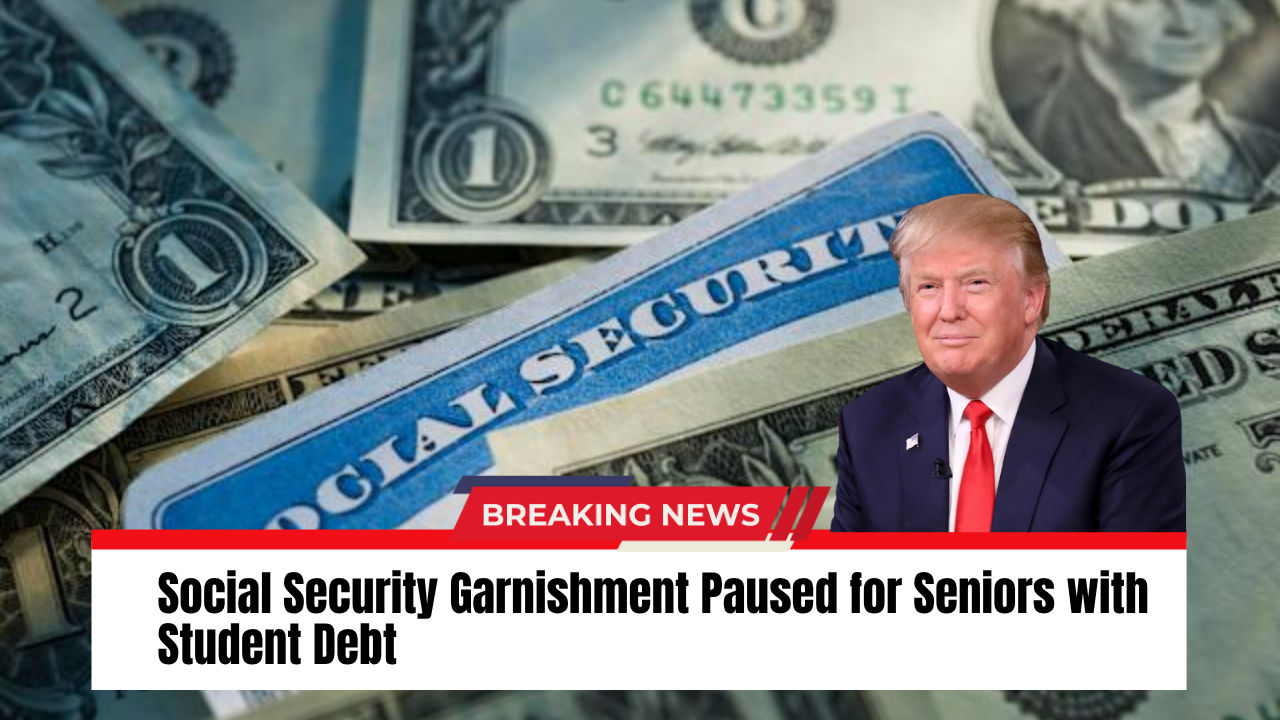If you checked your bank account on November 1, 2025, expecting your Supplemental Security Income (SSI) payment and found nothing, don’t panic — your money hasn’t gone missing. It just arrived early.
Why You Didn’t Get Paid in November
Normally, SSI payments are issued on the first business day of each month. But when that date falls on a weekend or federal holiday, the Social Security Administration (SSA) sends the money out in advance.
This year, November 1 landed on a Saturday, so October’s final payment — made on Friday, October 31 — actually covered November’s benefit. That’s why there’s no new deposit in November.
It’s not a missed or reduced payment; it’s just a calendar shift that happens a few times every year.
What to Expect Next
For December 2025, recipients will get two SSI deposits:
- Monday, December 1: Your regular December payment.
- Wednesday, December 31: January 2026’s payment, sent early because New Year’s Day is a federal holiday.
That means there will be no SSI payment in January, since the December 31 deposit covers that period in advance.
The 2026 COLA Increase
The 2.8% cost-of-living adjustment (COLA) takes effect with the payment issued December 31, 2025, covering January 2026 benefits.
Here’s how that breaks down:
- Average SSI payment for individuals: about $969 per month (up from $943).
- Average payment for couples: around $1,490 per month (up from $1,450).
These increases reflect inflation and are based on the Consumer Price Index (CPI) calculated by the U.S. Bureau of Labor Statistics.
What About the Federal Government Shutdown?
The federal government shutdown that began October 1 has caused understandable concern among millions of beneficiaries. The good news: SSI payments are fully funded and continue without interruption.
The SSA has a contingency plan that keeps payments flowing to over 7.5 million recipients, even if certain nonessential government services are paused.
While some SSA offices might experience reduced in-person staffing, core operations — like benefit deposits and appeals — remain unaffected. New applications may take longer to process, but existing payments continue on schedule.
Tips for Managing Your SSI Deposits
- Set up Direct Deposit or Direct Express: This ensures you receive your payment even if postal or office operations are delayed.
- Track payment dates online: You can check your deposit status at ssa.gov/myaccount.
- Call 1-800-772-1213 if your payment doesn’t appear within 24 hours of the scheduled date.
Key Takeaway
If you didn’t get your SSI payment in November, it’s simply because you already did — on October 31. The SSA’s payment schedule prevents weekend delays, ensuring beneficiaries never go without.
Looking ahead, the double payment in December (including the new COLA increase) means your next few months of benefits are right on track — just shifted slightly on the calendar.



